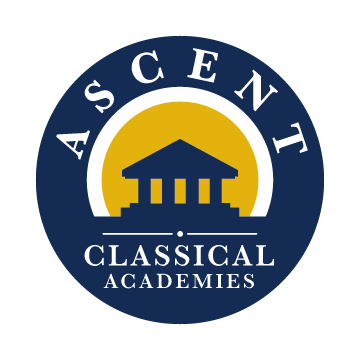Translated from the Latin, artes liberals, the liberal arts are those subjects or skills that in classical antiquity were considered essential and worthy for a free man in order to take an active part in civic life. This time-tested and traditional view stands in stark contrast to the conception of education for immediate, practical, vocational, and mechanical ends given to those not seen fit for better. Although the classic subjects of a liberal arts education; grammar, logic, rhetoric, arithmetic, geometry, music, and astronomy (science) have been modified and refined over the years, they nevertheless serve as the template for intellectual enlargement and for the educated to engage in the “Great Conversation”.
In recent years, the word “liberal” has taken on an entirely altered definition in the American lexicon. It has come to mean freedom from the perceived oppression brought upon by traditional edifices such as religion, family, and country. A liberal education was never meant to strip adherents of their responsibilities. To the contrary, a classical curriculum rooted in the liberal arts elevates virtue as a primary goal and urges dedication to higher and more eternal purposes.
In the Greek tradition, as seen in Aristotle’s Politics and Nicomachean Ethics, “liberal” means, “that which is not servile.” Also, it means, “that which is distinctive to human beings who are creative, rational creatures endowed with language.” As humans, we are meant to go beyond the realm of mere necessity; a liberal education is meant to free us from that realm. Today, we live in a country where we have enough wealth to give us the freedom of taking time to immerse ourselves in study.
The word liberal also implies breadth of study; a liberally-educated person should be educated in the sense of abundance and generosity. It encompasses all things that relate to the fullness of being human, or as the ancients used to say, the realm of all things human and divine.
Every student having a common experience and a common body of knowledge upon which to draw, has been a hallmark of liberal education for thousands of years. This has, unfortunately become rare in our cafeteria-style, progressive culture of education – and America has paid the price with a citizenry that does not share a common culture as we once did. Education should be more than a set of interchangeable parts, but rather a course of study that is structured for a purpose. The pieces fit together toward an end and must be undertaken in a logical order as knowledge is built systematically, not randomly. For example, we study Western Civilization before United States history in order to appreciate the origins of American heritage. Like other classical, liberal arts schools, we have actually thought about how we have constructed our curriculum, which is something that few other schools can say today.
All of these elements are key to Ascent Classical™ Academy’s liberal arts education. The education that we strive to provide does not suppose ourselves competent in deciding what these graduates ought to become, except that we believe every American should be educated to preserve his own liberty and act as a steward of the common welfare for future generations. It is unfortunate that this has become so rare, that Ascent should look so peculiar. Ironically, we are doing something very traditional, something that was once commonplace and that has now become strange except in our colleges, universities, and our best schools.
